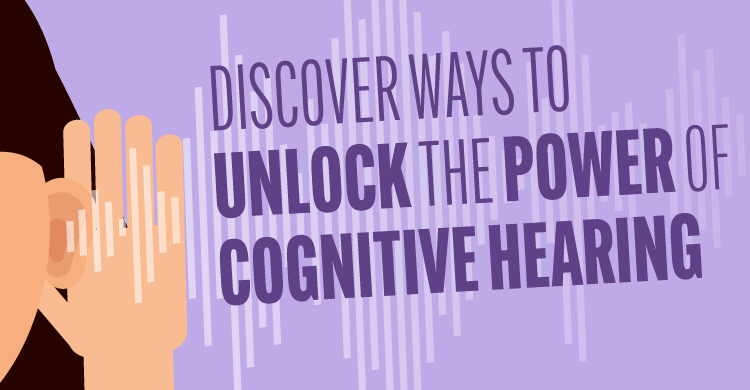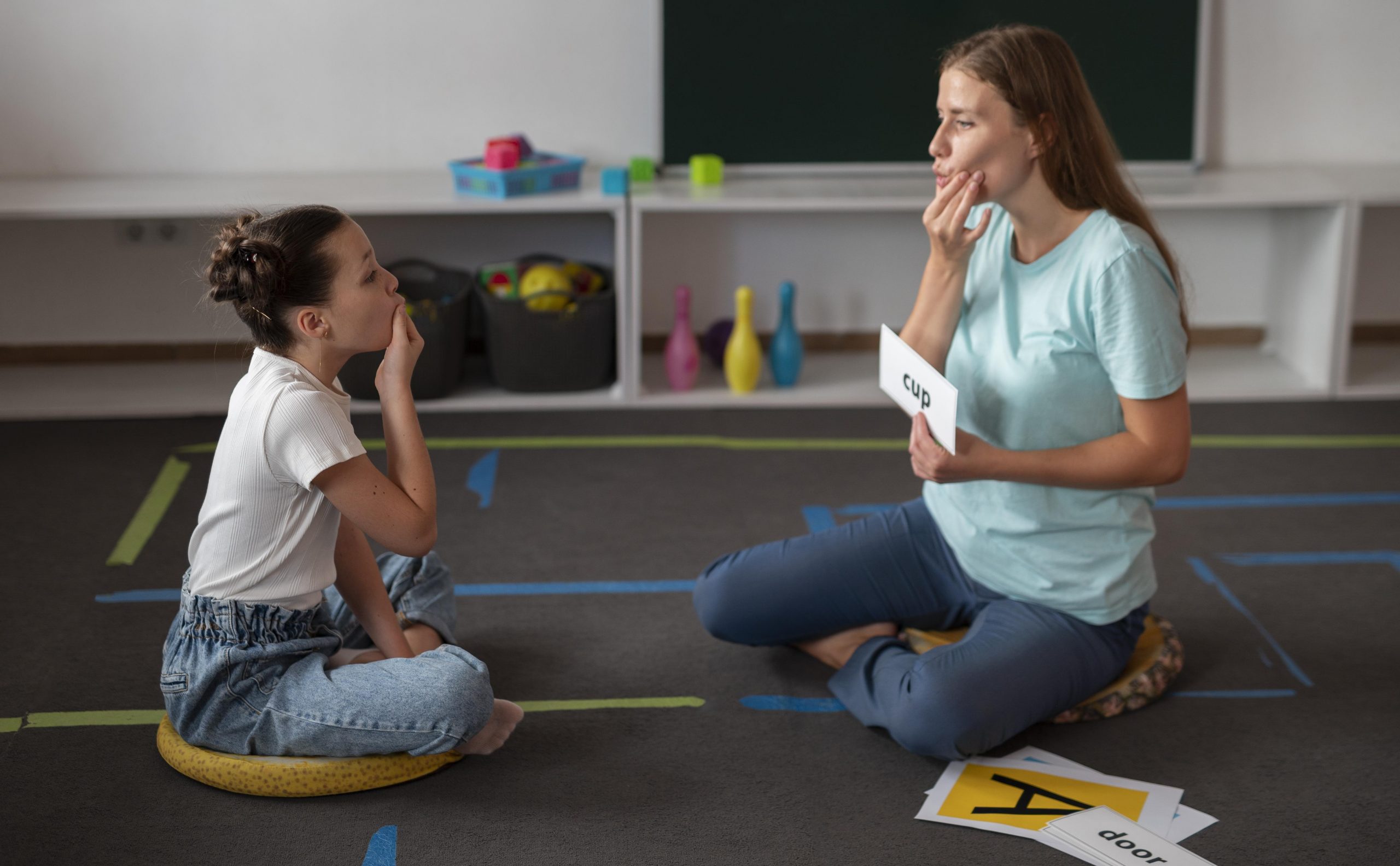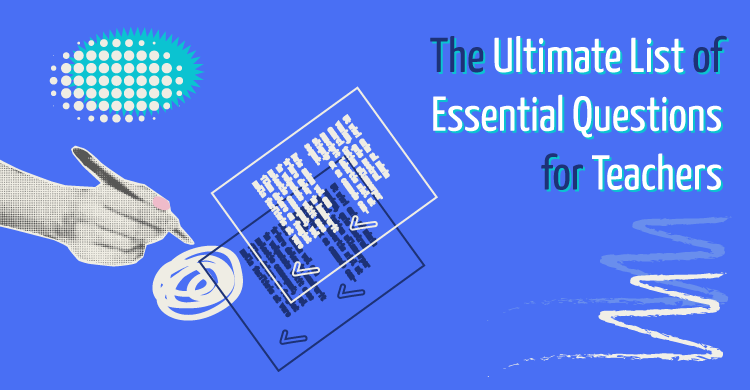Did you know that your mind has the power to unlock the secret code of reading? It’s called cognitive processing. When students make decisions, they are not guessing or using rote memorization. Rather, they are using their cognitive hearing skills to decode words, and this process empowers them to become confident readers.
What if decoding words was as easy as listening?
Imagine you’re a student trying to decode a word—but instead of struggling, you’re able to break down the new term with ease. You hear the individual sounds, manipulate them in your mind, and suddenly, the word becomes clear.
Let’s walk through the process together. Imagine the word is “cat.” You start by hearing the individual sounds: /c/ /a/ /t/. You can manipulate these sounds in your mind, switching their order or substituting new sounds. You realize that the sound /c/ makes a sharp “k” sound, and the /a/ is a soft “ah.” With this understanding, you can confidently decode the word “cat.”
When children develop cognitive hearing skills, they experience a similar process. They become happier and more secure in their ability to read and decode words. They’re no longer struggling to recognize words, but instead, they’re able to break them down with ease. This confidence boost can have a profound impact on their reading development and overall academic success.
Why it’s important to crack the code with cognitive hearing
I’ve witnessed firsthand children’s frustration and despair when they struggle with cognitive hearing, and I’ve worked with many students who became overwhelmed and angry when they couldn’t hear the sounds in words. They felt like they were failing, and their confidence was shattered.
Once, I had a student who would cry every time she was asked to read aloud. She couldn’t grasp the sounds within words and felt defeated. But after focusing on developing her cognitive hearing skills through sound manipulation games and consistent practice, her ability to decode words improved significantly, and she began to read with joy and confidence.
Cognitive hearing is a game-changer in decoding and has the potential to significantly reduce the number of children diagnosed with reading problems. By developing cognitive hearing skills, children can:
- Improve their phonemic awareness and decoding accuracy
- Enhance their reading fluency and comprehension
- Build themselves a strong foundation for reading and learning
- Reduce any frustration and anxiety they have around reading
6 neurological processes that occur when we encounter new words
When we develop cognitive hearing skills, our brain undergoes significant changes. Here’s what’s happening:
| Neural plasticity | The brain is reorganizing and adapting its neural connections to better process auditory information. |
| Auditory processing | The auditory cortex becomes more efficient at processing sounds, allowing for better sound discrimination and recognition. |
| Phonological awareness | The brain develops a stronger connection between sounds and letters, enabling better decoding and reading skills. |
| Cross-modal integration | The brain integrates auditory and visual information, strengthening the connection between sounds and letters. |
| Memory consolidation | The brain consolidates memories of sounds, words, and language patterns, making reading and decoding more automatic. |
| Executive function | The brain improves its executive function skills, such as attention, working memory, and processing speed, all essential for reading comprehension. |
5 practical implementation strategies for educators and parents
To effectively develop cognitive hearing skills, educators and parents can utilize several practical strategies:
| Phonemic awareness activities | Engage children in activities that focus on recognizing and manipulating individual sounds, such as rhyming games and sound-matching exercises. |
| Multisensory approaches | Use methods like Orton-Gillingham, which incorporates visual, auditory, and kinesthetic-tactile cues to reinforce sound-letter associations. |
| Consistent practice | Regular, short practice sessions are more effective than infrequent, longer ones. Incorporate decoding practice into daily routines. |
| Positive reinforcement | Encourage and praise children for their efforts and progress, helping to build their confidence and motivation. |
| Individualized instruction | Tailor instruction to meet the specific needs of each child, especially those with reading disabilities or who are English learners. |
Insightful evidence and remarkable results of teaching cognitive hearing
Cognitive hearing has shown significant positive impacts on reading abilities. Classrooms in which cognitive hearing techniques are implemented have shown:
Improved reading scores: Students often see noticeable improvements in their reading scores and overall literacy skills. For example, in Ms. Johnson’s second-grade class, reading scores improved by 30% after integrating cognitive hearing exercises into the curriculum.
Increased engagement: Children become more engaged and interested in reading activities. In Mr. Smith’s class, students eagerly participated in decoding games, transforming their reading time into a fun, interactive session.
Reduced anxiety: The frustration and anxiety associated with reading struggles decrease as children gain confidence in their decoding abilities. Emma, a third-grader, who once dreaded reading sessions, now looks forward to them, thanks to her improved cognitive hearing skills.
Case study: The success of cognitive hearing in Ms. Johnson’s classroom
In Ms. Johnson’s second-grade class, cognitive hearing techniques were implemented with remarkable results. Initially, many students struggled with reading, showing signs of frustration and low confidence. Ms. Johnson decided to integrate cognitive hearing exercises into her daily lessons, focusing on phonemic awareness activities and multisensory approaches.
Initial challenges:
- Students like Alex and Maria had difficulty recognizing and manipulating sounds within words.
- Reading sessions were often met with resistance and anxiety.
Implementation:
- Ms. Johnson used rhyming games and sound-matching exercises to engage the students.
- She incorporated visual aids, such as flashcards and interactive whiteboard activities, to reinforce sound-letter associations.
- Consistent, short practice sessions were held daily to build confidence and skill.
Results:
- Within a few weeks, students began to show significant improvement. Alex, who once hesitated to read aloud, started participating enthusiastically in class activities.
- Reading scores in the class improved by 30%, reflecting the effectiveness of cognitive hearing techniques.
- The classroom atmosphere transformed from one of anxiety to one of excitement and engagement as students eagerly awaited decoding games and activities.
Alex’s transformation:
- Alex’s mother reported a newfound love for reading at home. Alex began to read bedtime stories to his younger sibling, showcasing his improved skills and confidence.
- In parent-teacher meetings, Ms. Johnson shared the progress, emphasizing the role of cognitive hearing in Alex’s transformation.
How cognitive hearing strategies support and empower diverse students
Cognitive hearing skills are essential for all learners, including those with reading disabilities or English learners. By using multisensory approaches and targeted instruction in phonemic awareness and sound-letter associations, we can empower diverse learners to develop their cognitive hearing skills.
For instance, in a diverse classroom setting like Ms. Johnson’s second-grade class, using visual aids along with auditory cues helped nonnative English speakers like Juan and Maria improve their decoding skills. By incorporating culturally relevant materials, their engagement and success rates increased significantly.
Why transforming reading development is the best next step
By unlocking the power of cognitive hearing, we can unlock the code of decoding. Let’s give children the tools they need to become confident, proficient readers. Let’s transform the way we approach reading development and teach our students new ways to decipher words. Together, we can make a difference in the lives of children who struggle with reading.
Looking for more ways to help improve reading skills and literacy in your classroom? Check out these hand-picked blogs to gain more steps, strategies, and insights on both the challenges and joys of reading:
About the educator
Gwendolyn Battle Lavert, PhD, is an internationally recognized literacy specialist. She has been an educator since 1974 and has experience as a teacher, district literacy specialist, and district administrator in a variety of school settings. She coauthored Shifting to Digital: A Guide to Engaging, Teaching, and Assessing Remote Learners and is also a coauthor of the upcoming Who Says I Can’t?: A Four-Year Plan to Erase the Reading Gap and Achieve Proficiency by Fourth Grade, available for preorder now.







